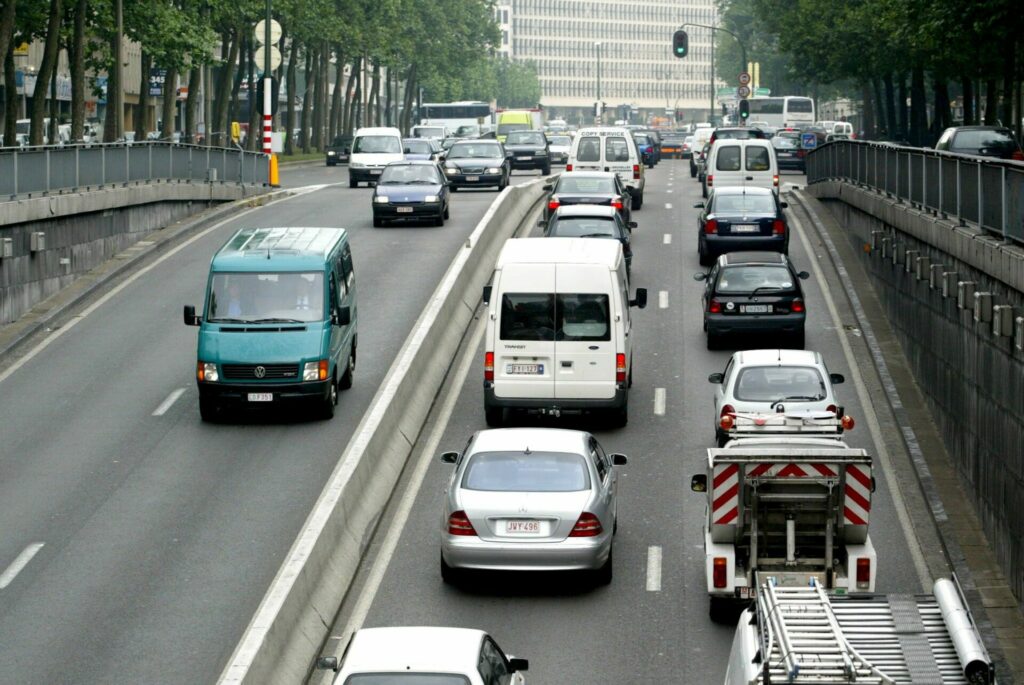The European Parliament and Council reached an agreement on the Commission's proposal to place a ban on the sale of new cars and vans with combustion engines from 2035 on Thursday.
The decision marks the first step in the adoption of the "Fit for 55" legislative proposals, the EU's target of reducing net greenhouse gas emissions by 55% by 2030. It was tabled by the Commission in July 2021 and essentially concerns the sale of new petrol and diesel cars, light commercial vehicles as well as hybrids (petrol-electric). From 2035 the sale of these vehicles will be banned.
“The agreement sends a strong signal to industry and consumers: Europe is embracing the shift to zero-emission mobility," Executive Vice-President for the European Green Deal, Frans Timmermans, said following the announcement.
Under the agreement, CO2 emissions must be reduced by 55% for new cars and 50% for new vans by 2030 compared to 2021. This is an intermediary step towards the EU's goal to become the world's first climate-neutral continent by 2050.
MEPs noted in a statement that this decision marks a clear signal ahead of the UN Climate Conference (COP27) which takes place in Egypt next month. It shows that the EU is "serious about adopting concrete laws to reach the more ambitious targets set out in the EU Climate Law."
Taking the scenic route
While the agreement was welcomed and celebrated by EU officials, many aspects of the decision have been criticised by environmental organisations, including Greenpeace.
It stated that the agreed deadline falls "well short of the EU’s climate commitments," based on a detailed roadmap published by Greenpeace in 2020. This highlighted the need for new sales of combustion engine cars to end by 2028 at the latest to meet the 2015 Paris climate commitment to limit global heating to below 1.5°C.
In terms of fuel costs, Greenpeace estimates that its accelerated timeline would save drivers more than €635 billion on fuel, compared to the 2035 deadline, which "will cost drivers hundreds of billions in fuel in the midst of a spiralling energy crisis."
"The EU is taking the scenic route and that route ends in disaster. A European 2035 phase-out of fossil fuel-burning cars is not quick enough: new cars with internal combustion engines should be banned by 2028 at the latest," Greenpeace EU transport campaigner Lorelei Limousin said.
Related News
- Climate-proofing Brussels calls for greater investment
- EU car lobby blocks tougher emissions standards
"The announcement is a perfect example of politicians basking in a feel-good headline that masks the reality of their repeated failures to act on climate."
Additionally, an exemption is granted to "niche" manufacturers or those producing fewer than 10,000 vehicles a year. These vehicles will be allowed to have internal combustion engines until 2036. This clause, more commonly known as the "Ferrari amendment," will mainly benefit luxury brands.
The provisional agreement requires formal adoption by the Parliament and the Council, which will result in the new legislation being published in the Official Journal of the Union, thereby officially entering into force.

